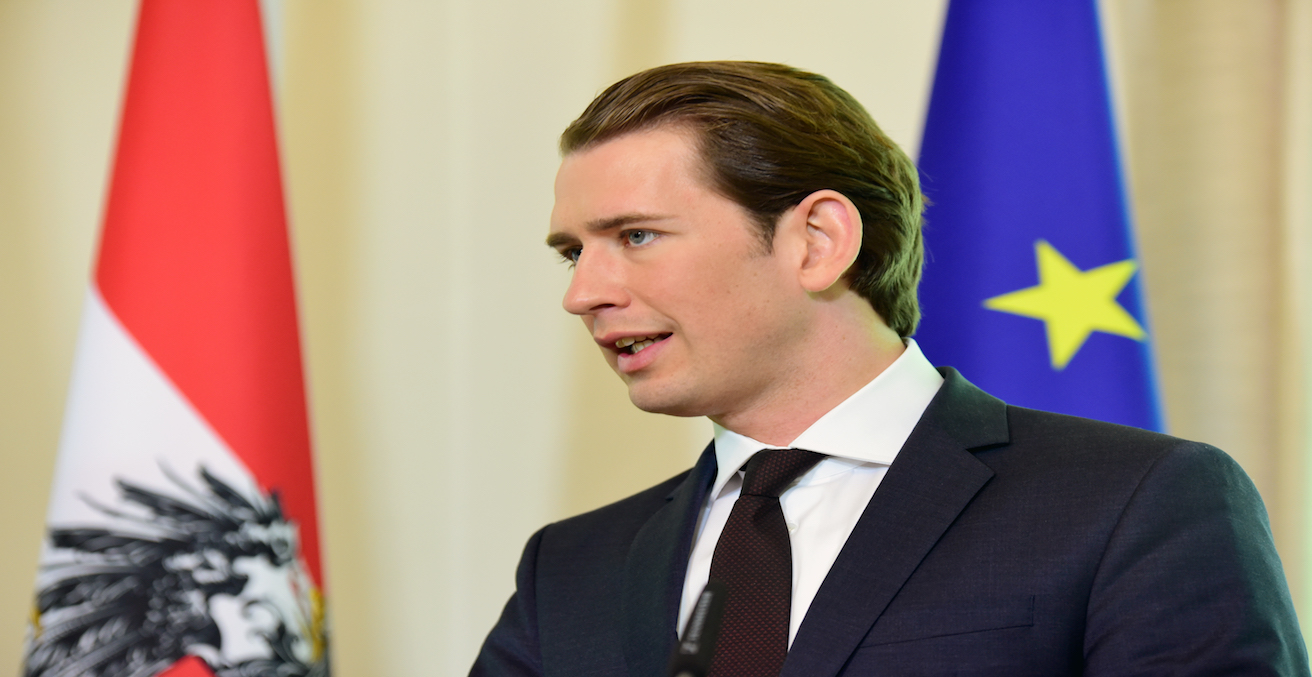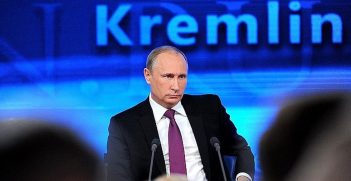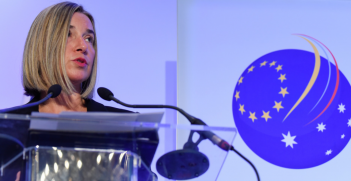Elections in Austria: A Backlash, But Not An End for The Far-Right

The right-wing Freedom Party (FPOe) suffered a severe loss in the Austrian snap elections, while the Green party was surprisingly successful. Sebastian Kurz from the Conservatives will become Chancellor again, but it remains an open question who his coalition partners will be.
The reason for the snap elections on September 29 2019 was a scandal caused by Heinz-Christian (HC) Strache, then Vice Chancellor and leader of the populist, right-wing Freedom Party (FPOe). In a video recorded in Ibiza in 2017 but made public in May 2019, Strache promised an alleged niece of a Russian oligarch state contracts in exchange for buying the leading Austrian tabloid Kronen Zeitung in order to promote a FPOe-friendly coverage.
The so-called Ibiza-gate prematurely ended former Chancellor Sebastian Kurz´s attempt to tame the far-right movement through binding it in the government. This strategy was monitored closely around the globe, as Austria became already in the 1980s under the former FPOe leader Joerg Haider a trendsetter for right-wing movements.
After Strache’s resignation Kurz initially wanted to further govern with the FPOe, as the party programs of the FPOe and his conservative People’s Party (OeVP) strongly overlap. A key difference, though, is that the nationalist FPOe is critical of the European Union. However, the FPOe rejected the condition that their controversial minister for interior would have to resign too and left the government. A few days later, the new Kurz government in which experts replaced the FPOe ministers had to resign due to a vote of no confidence in parliament.
Since May, for the very first time, a caretaker government consisting of high-ranking civil servants governs Austria. Brigitte Bierlein, a former president of the Austrian Constitutional Court, is the first female Austrian Prime Minister and has enjoyed high approval ratings.
As expected, 33 years old Sebastian Kurz won the elections on 29 September. His OeVP gained 37.5 percent (+6.1 percentage points). The Social Democrats came in second, with 21.2 percent (-5.6 percentage points) – the worst result for the once proud worker party since 1945. Lacking a convincing vision, the party was not able to attract disappointed FPOe voters.
The major surprise were the severe losses of the FPOe which campaigned for a revival of the former coalition government: It won only 16.2 percent (-9.8 percentage points). Up until last week, opinion polls suggested a surprisingly respectful result of 20 percent. Many FPOe supporters argued that all politicians are corrupt, that Strache was purely unlucky that he felt in a honey trap and that he made his statements under the influence of alcohol. Accordingly, the FPOe and HC Strache portrayed themselves as victims of illegal disclosures, downplaying the scandalous promises made in the video.
A few days before the election, however, a new scandal was made public. According to reports leaked by party insiders Strache received from the FPOe 10,000 Euro per month to cover his private expenses – allegedly even for luxury handbags for his wife). In addition, a 2,500 Euro contribution to the rental costs of his apartment – this atop of his salary as Vice-Chancellor and, previously, MP. These payments, indirectly taxpayers´ money, continued even after he resigned from government in May 2019. To make things worse, Austrian courts started to investigate whether Strache faked bill of expenses to the FPOe to finance his sophisticated lifestyle. His wife received a high salary, despite claiming to work on a purely voluntary base for the party.
A populist who pretends to represent the interest of the common man but lives a luxurious life – this hypocrisy, not Ibiza-gate proved too cynical even for diehard followers of the FPOe. In addition, migration, a key topic for the FPOe, was unlike in 2017 no decisive issue.
On 1 October 2019, Strache suspended his membership until the – according to him – wrong allegations have been disproven. Yet, FPOe leaders declared the day before that they plan to suspend his membership or even expel him. Strache even announced that he will quit politics. Though, having in the last decades not only lived from but for politics he may change his mind in the near future. Before his announcement rumors surfaced that he may establish a new party that could divide the populist and right-wing votes. Divisions within the far-right movement, though, are a quite common phenomenon in Austria.
The far-right traditionally attracts less educated citizens with low income who are critical of globalisation and immigration. Their potential seems to fluctuate between 20 and 30 percent of the electorate. All in all, the 2019 elections are not the beginning of the political demise of the FPOe. The majority of the electorate traditionally votes for center-right and right-wing parties.
The second big surprise of the elections was the success of the left-oriented Greens. The party was voted out of the parliament in 2017, but now returned with 13,8 percent of the votes (+10 percentage points). The global climate debate, spearheaded by Greta Thunberg, and the FPOe scandals were key facilitators for their success, especially among the young generation. The liberal party Neos won 8.1 percent (+2.8 percentage points).
Sebastian Kurz now faces a major challenge – building a coalition government. In case of a face-saving result of the FPOe, a resumption of the OeVP – FPOe coalition was regarded as the most likely scenario. Though, immediately after the election the FPOe made its preference for going into opposition clear, arguing for a need to rebuild the party.
A coalition between Kurz´ Conservatives and the Social Democrats remains unpopular, both among the broad public and the leadership of both parties. The reason is that this coalition is associated with a standstill and mutual distrust, not bold reforms. According to polls, an OeVP – Greens coalition is popular, but ideological differences remain. The Greens who were never part of a national government in Austria, however, promoted in the last years highly moral and dogmatic positions and may not yet be ready to sacrifice (presumed) key principles. Yet, if the Greens and the Social Democrats refuse to join a Kurz-led government, they would leave Kurz no choice but seeking a renewed coalition with the FPOe. Ironically, preventing such a revival was one of their key aims during the campaign.
A new OeVP – FPOe coalition would be politically risky for Kurz. Already during the first coalition some FPOe officials stirred controversies with uttering sympathies for extreme right or identitarian ideas; others made anti-Semitic statements. This behavior can be partly explained by the socialization of many FPOe officials in right-wing student fraternities. There is a high probability that such a coalition would again collapse sooner than later.
Kurz who promotes a rigid policy against illegal migration to Austria and Europe would have to make significant compromises to the Greens. As the international media stressed in their analyses, he would have to reinvent himself in such a coalition. Kurz, however, is a pragmatic and ambitious politician who is concerned about his international image and potential future international career. Governing together with the Greens would convey a modern image, not least in times when combating climate change is high on the global agenda. It could also make Austria a more open, internationally minded society.
Adjunct Prof. Dr. Alfred Gerstl, MIR is an Austrian political scientist, specialized on International Relations, in particular in East Asia. He currently holds a Marie Sklodowska-Curie Fellowship at Palacký University in Olomouc (Czech Republic) and is President of the Central European Institute of Asian Studies (CEIAS).
This article is published under a Creative Commons Licence and may be republished with attribution.





